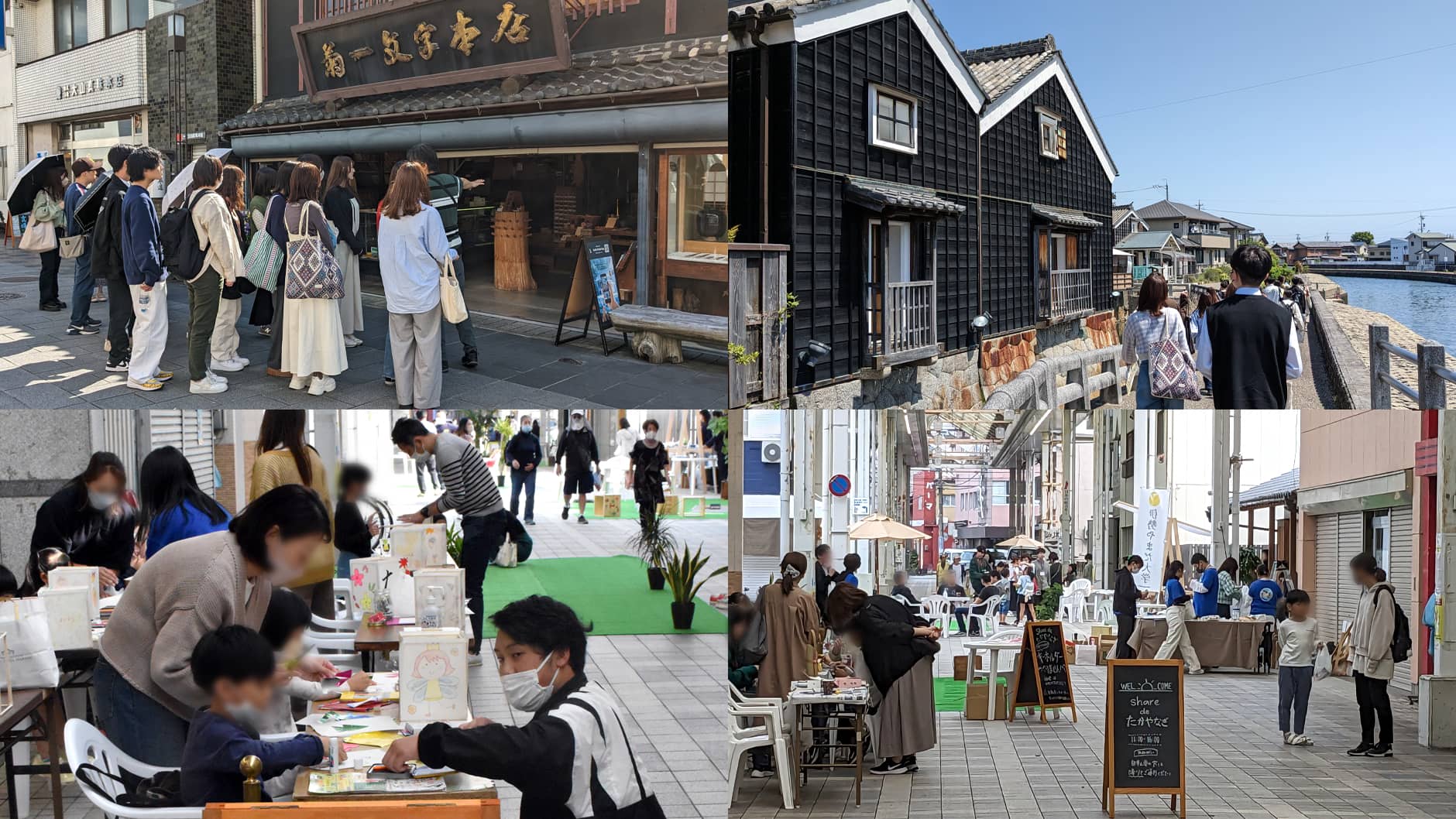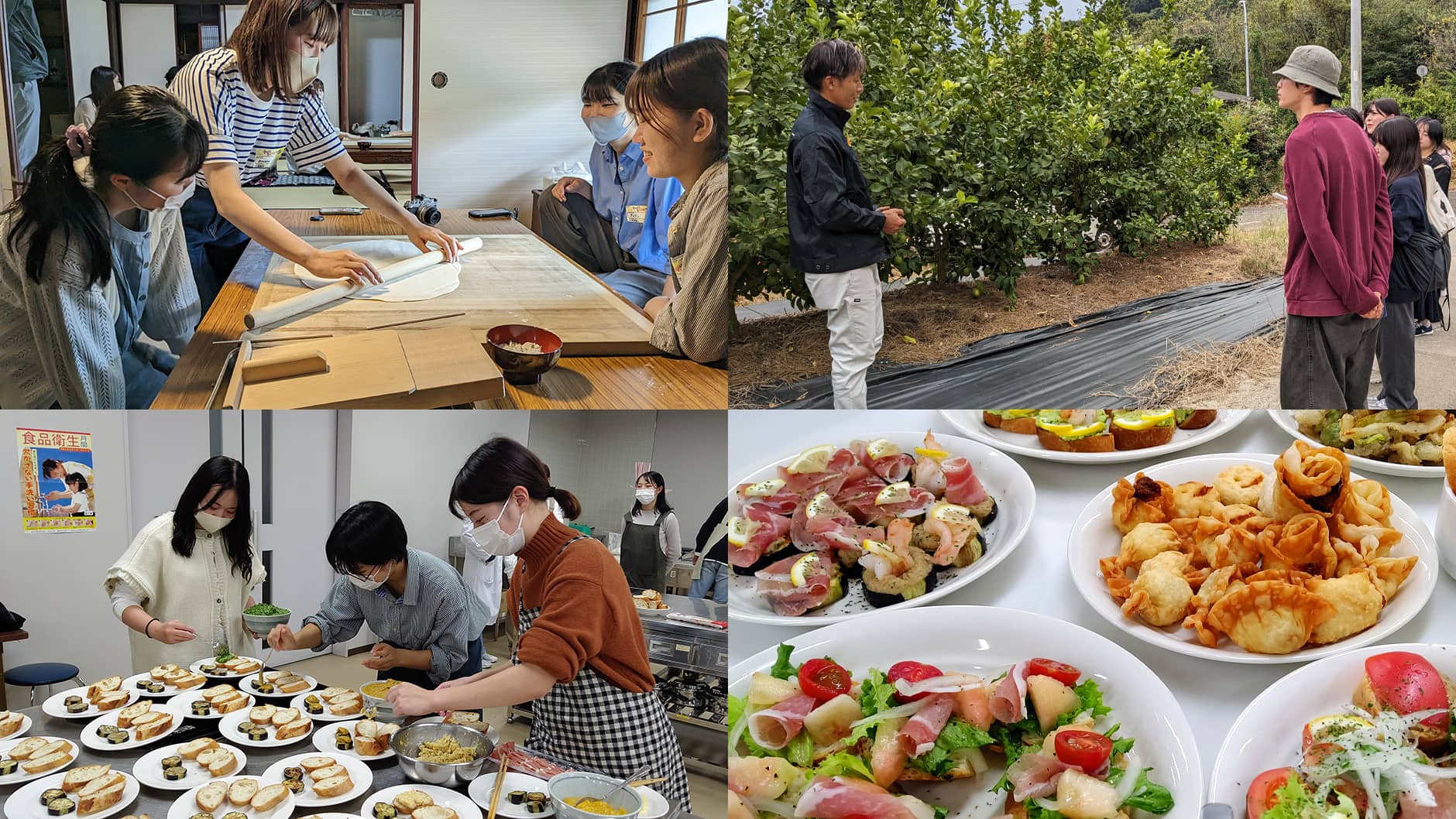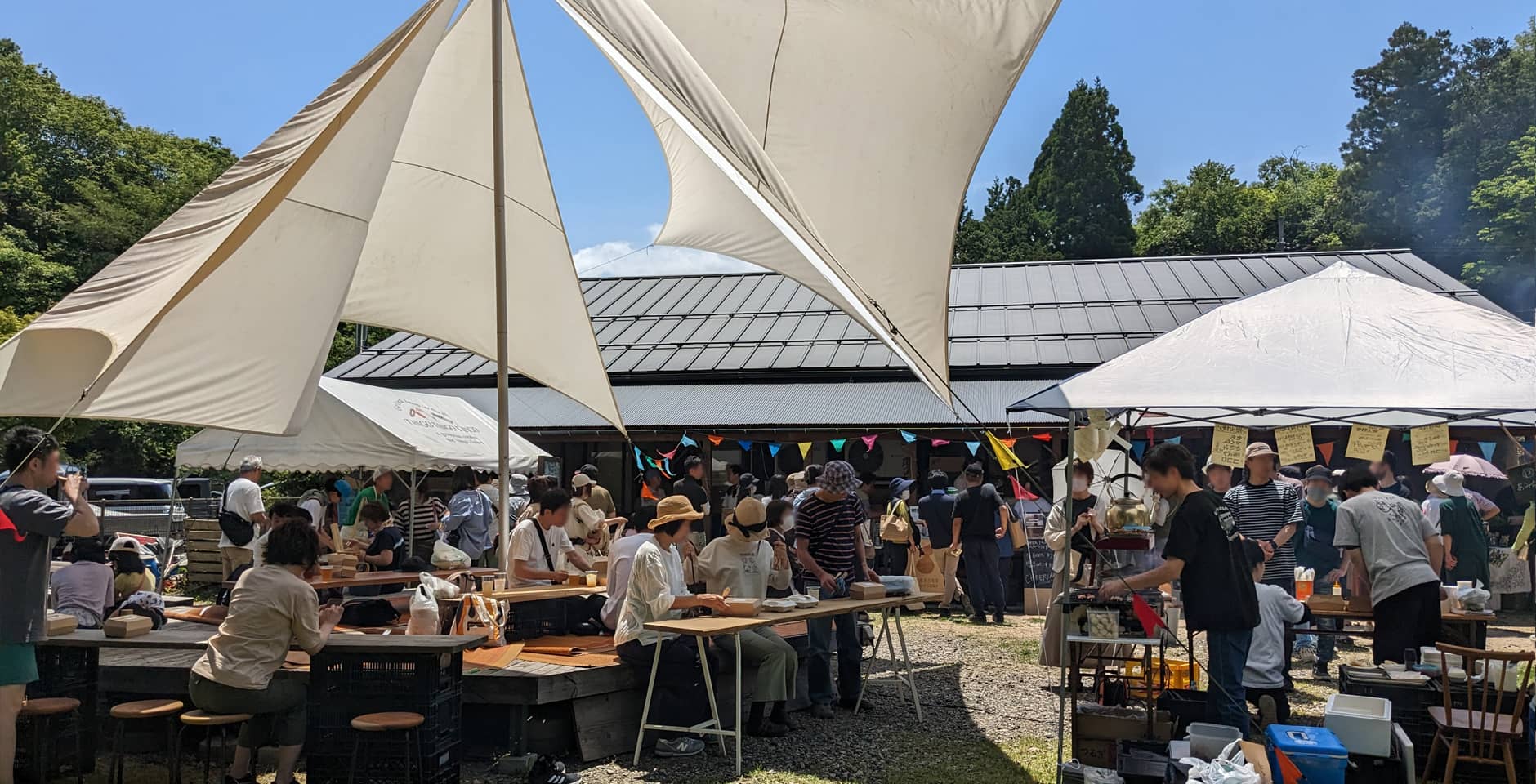As the nature of travel is changing from group to individual travel, "community-based tourism" is attracting attention. What is important for this kind of tourism is the role of the people who live in the destination. Professor Takeshi Takada conducts research on tourism-based community development and food-based tourism promotion based on his experience as a town planning consultant.
Collaborating with a diverse array of local people to promote "tourism-based community development"
Until not too long ago, tourism in Japan was generally typified by group tours and package tours, in which travel agencies, transportation companies, and other parties sending tourists (i.e. points of origin) worked with tourism-related businesses at the destinations to provide attractive plans. This kind of tourism has been undergoing a change since around the 2000s. “As people's travel preferences shift from groups to individuals and their tourism needs diversify, community-based tourism, in which the host region offers experiences and interactions that are totally unique to the region, is attracting attention.” These are the words of Takeshi Takada, who currently studies tourism-based community development and gastronomy tourism, having amassed practical experience as a town planning consultant.
“For community-based tourism, the local people need discover and refine the diverse array of resources in their region. To achieve this, it is important to involve not only traditional tourism-related businesses, but also a wide range of people, including local residents and organizations involved in community development, restaurants serving local food, and the producers of that food,” explains Takada. In light of this situation, the importance of platforms, that is, places where a diverse array of people can gather and connect with one another has been pointed out in contemporary tourism-based community development. Using the Ise Tourism Revitalization Project Council (hereinafter, "Ise Project") in Ise City, Mie Prefecture as a case study, Takada, who was involved in the project as a supporting member, is working to shed light on the role of the tourism-based community development platforms.
“Every year, Ise Jingu attracts between 7 and 8 million visitors, and this number increases even more in the years when the shrine is relocated, which happens once every 20 years. However, compared to the Inner Shrine, the number of tourists visiting the Outer Shrine is on the decline, and the number of vacant storefronts in that area is increasing. Amid this backdrop, the Ise Project was launched at the behest of Ise City in 2007 to serve as a tourism-based community development platform,” says Takada. Takada, who was involved in the establishment and management of the project as a consultant, solicited the participation of NPOs, a wide range of businesses, and individuals who would become key persons in the community. He worked to create opportunities for all the stakeholders to come together in one place, and he set the three topics of food, the environment, and people to establish a framework by which these stakeholders could proactively promote projects.
Through these efforts, Takada has identified two significant points in the operation of the tourism-based community development platforms. The first point is that individuals and groups that visit a region bring their own interests and take action to involve their friends with an eye on engaging in coordinated activities. The second point is to establish an organization (or business entity) that facilitates matching and coordination between these individuals and groups and people in the region, thereby sustainably driving new initiatives, including the development of community-based tourism products. Although the Ise Project was not able to generate the business entity that was contemplated at the time, the seeds that were sown have sprouted and are now being utilized in the current community development of Ise, such as the establishment by some of the project participants of a limited liability company that is engaged in tourism-based community development.

Top left: Seminar students receiving an explanation at Ise Kikuichi, the Geku cultural information center operated by an LLC born from the Ise Project. Top right: Kawasaki district, which used to be called the “kitchen of Ise” in the Edo period. Bottom: Living Street, an event jointly organized by shop owners and seminar students in downtown Ise, which is home to eight shopping streets.
The role of "place" in the formation of DMOs
Takada has also demonstrated the value of platforms in the creation and operation of Destination Management/Marketing Organizations (DMOs), as evidenced by his involvement in the two-stage DMO registration process in Marugame City, Kagawa Prefecture.
In Japan, the Japan Tourism Agency started a DMO certification system in 2015. Marugame City also began efforts aimed at registering a candidate organization in fiscal 2017. Takada, who supported this initiative, explains: “First, we focused on building consensus among a diverse array of stakeholders, which is one of the requirements for registration as a DMO, and we conducted on-site interviews with key persons in the city to ascertain their intentions and encourage them to participate in the platform.” The platform in question is the Marugame DMO Discussion Meeting, which gathers stakeholders together on a regular basis. Through these regular meetings, the members compiled 10 points for creating a forum where all concerned parties could participate proactively with a sense of ownership. These included changing the meeting venue every time, setting topics for discussion based on the venue, defining leading projects to be tackled cooperatively, and running meetings so that everyone gets a chance to speak before they leave.
Although Takada was able to confirm that the Marugame DMO Discussion Meeting functioned as a platform for "building consensus among a diverse array of stakeholders" as well as expanding the scope of people involved in tourism in Marugame, he also points out how difficult it is to make these kinds of initiatives sustainable. “We haven't found a clear-cut solution yet, but I think one of the most important things is to make sure that everyone involved has fun.”

Top left: Students in the Gastronomic Study Project (GSP) seminar class conduct fieldwork in cooperation with the Marugame City DMO. Top right: Students visit a lemon farm as part of their studies about SDGs-based tourism. Bottom: GSP students serve original pinchos, taking a hint from Marugame’s sister city of San Sebastian, a well-known gastronomic city in Spain.
A growing interest in tourism-based community development based on “food”
Takada is also interested in tourism-based community development centered on food. “UN Tourism has established guidelines for the development of gastronomy tourism, and in recent years, this ‘type of tourism [where visitors] appreciate local culinary culture, authentic gastronomic traditions, and the enjoyment of unique culinary experiences that reflect the heritage and lifestyle of a destination’ has been attracting attention. I believe that incorporating the element of food is crucial for promoting tourism-based community development,” says Takada.
Takada, who is currently conducting a joint research project in Kyotango City in Kyoto Prefecture, declares: “I would like to delve into the concept of value co-creation in gastronomy tourism, where both tourists and host communities create value in a collaborative effort.” With this project, he is exploring new possibilities for tourism-based community development centered on food.
